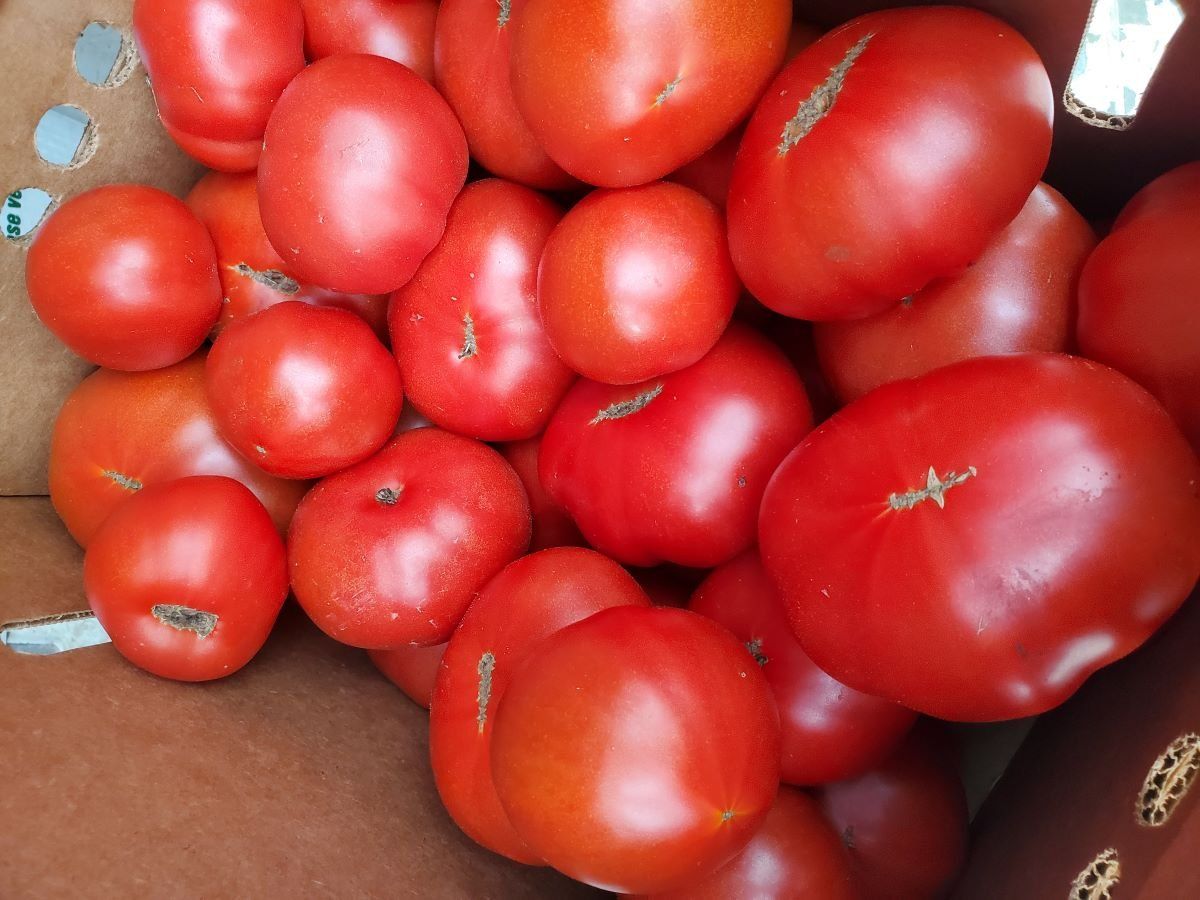This week's "farm" blog:
You know, other than basic literacy skills, I never quite understood why we pushed kids to read just any kind of book. I didn’t understand that reading comprehension is a skill that can be improved even through fiction. I mean, I loved getting prizes for reading as a youth, don’t get me wrong, but it was well into my adulthood before I understood the real purpose of getting kids to read yet another Nancy Drew book.
In fact, it was probably when I read the Harry Potter series as an adult. Because it was Harry Potter who taught my grown adult self that the idiomatic expression “for all intents and purposes” was not, in fact, “for all intensive purposes.”
Those are two very different concepts. I mean, intensive purposes reek of blood, sweat, and tears, of focus and determination and mind over matter, etc., which is all fine and dandy for someone with intensive purpose, but sometimes you just want a more casual gathering of intents, and maybe some purposes too. You know, if you want to, totally optional, sort of thing.
It makes sense that in my youth I would have heard “intensive purpose”. After all, we’re just sort of figuring out who we are and what our purpose is and that can be awful intense. We lean heavy into absolutes before we discover there’s no such thing (I love how I just switched subjects there with the assumption that this happens to everyone in their youth. Maybe it was just me, but I doubt it, and I didn’t want to feel so lonely I guess, so I switched to “we”, but I’ll switch back now because I’m pretty sure thinking the idiomatic expression was “intensive purposes” is not quite as universal). So “intensive purpose” must have resonated with my youthful self until well into adulthood when I finally got to read Harry Potter and experience the casual, voluntary joy of a truly well written story and learned the proper use of an age-old idiomatic expression. And so yes, we can learn, even in adulthood, from fiction.




